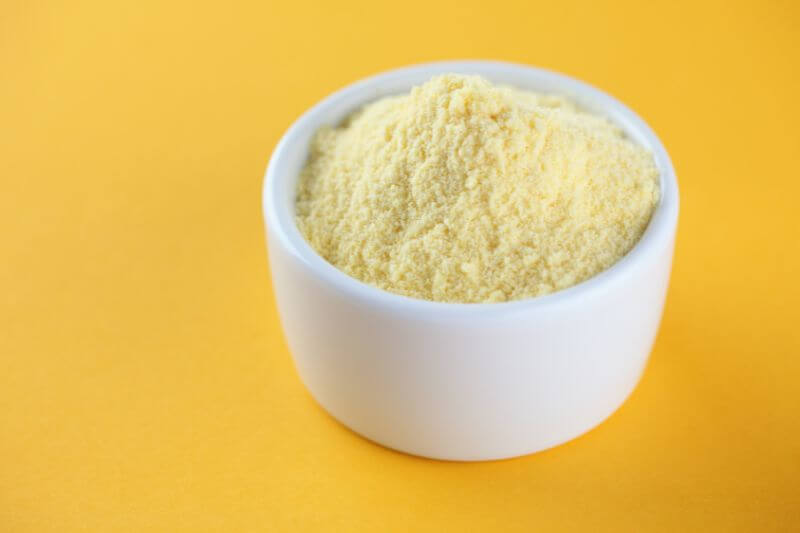Fruits, vegetables, sodas, and nuggets… Behind seemingly harmless choices may lie a more profound disruption: the onset of puberty. A recent study reignites the discussion on the causes of early puberty, highlighting a factor often overlooked: childhood nutrition. So, is it merely a coincidence or a genuine cause-and-effect relationship? Let’s explore.
We consider puberty to be early when developmental signs appear before age 8 in girls and before age 9 in boys. This can manifest as breast development, pubic hair growth, a growth spurt, or even the onset of menstruation.
This shift in the hormonal timeline is not without consequences. It may impact mental health (anxiety, depression), increase the likelihood of eating disorders, and even have repercussions on reproductive and metabolic health in adulthood.
A Revealing Study: The Impact of Diet Before Age 10
Published in May 2025 in the journal Human Reproduction, a large study examined data from 7,800 girls aged 9 to 14, tracked since the 1990s. Scientists compared their dietary habits with the timing of their first menstrual periods.
The findings were clear:
- The top 20% of girls with the most pro-inflammatory diets (high in processed meats, sugary products, and refined cereals) had a 15% higher chance of starting their periods the following month compared to those with healthier diets.
- Conversely, girls consuming a balanced, fiber-rich diet (fruits, vegetables, legumes, whole grains) had an 8% lower risk of early menstruation.
In other words, dietary choices could either hasten or delay hormonal milestones.
Is Diet the Only Factor?
Silent Inflammation: The True Culprit?
To grasp this issue, we must discuss a somewhat complex yet highly relevant term: chronic low-grade inflammation. This mild but persistent inflammation is often triggered by an unbalanced diet, rich in quick sugars, saturated fats, and ultra-processed foods.
This inflammation can affect the hypothalamic-pituitary-gonadal axis, which regulates pubertal development. Essentially, the more inflamed the body is, the more it can “speed up” the arrival of puberty.
Moreover, this is not solely a matter of weight! The study indicated that even when controlling for body mass index (BMI), girls who ate poorly had an increased risk of early puberty. Therefore, diet influences this process independently of obesity.
What Are Other Causes of Early Puberty?
Nutrition isn’t the only factor under scrutiny. Other contributors to early puberty include:
- Exposure to endocrine disruptors found in some plastics, cosmetics, or pesticides.
- Chronic stress and family instability.
- Childhood obesity, which leads to early estrogen production.
- Family history, which may play a genetic role.
However, the takeaway is that diet is a modifiable factor, allowing us to make changes starting today.
How Can We Prevent Early Puberty?
We can easily rebalance this equation. To support harmonious pubertal development, we must tackle the issue at its root: diet.
- Encourage fiber-rich foods: fruits, vegetables, legumes, and whole grains.
- Limit processed meats and sugary products: charcuterie, sodas, and packaged cakes.
- Avoid ultra-processed products: ready-made meals, salty snacks, and candies.
- Prefer unsweetened dairy products, which are rich in calcium but low in added sugars.
- Reduce exposure to endocrine disruptors: by avoiding heated plastic containers, scented cosmetics, etc.
- Promote regular physical activity, which helps regulate metabolism and hormones.
If you’re still searching for a compelling reason to eat healthily from a young age, here it is. Recent scientific findings indicate that the causes of early puberty are not confined to genetics or fate but are also reflections of our lifestyle choices, particularly our diet.
IMPORTANT TO KNOW
Research published in Human Reproduction indicates that girls who frequently consume sodas or sweetened juices begin menstruating earlier. These beverages raise blood sugar levels, stimulating insulin production. Insulin, in turn, affects sex hormones… and may thus accelerate puberty.







